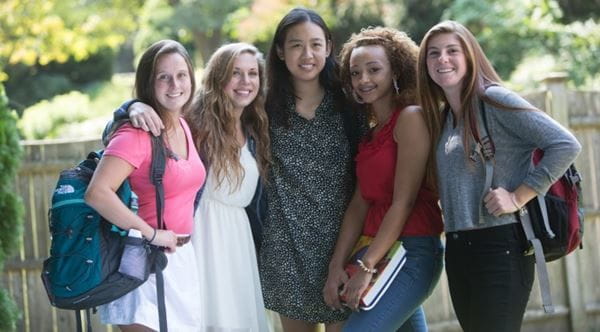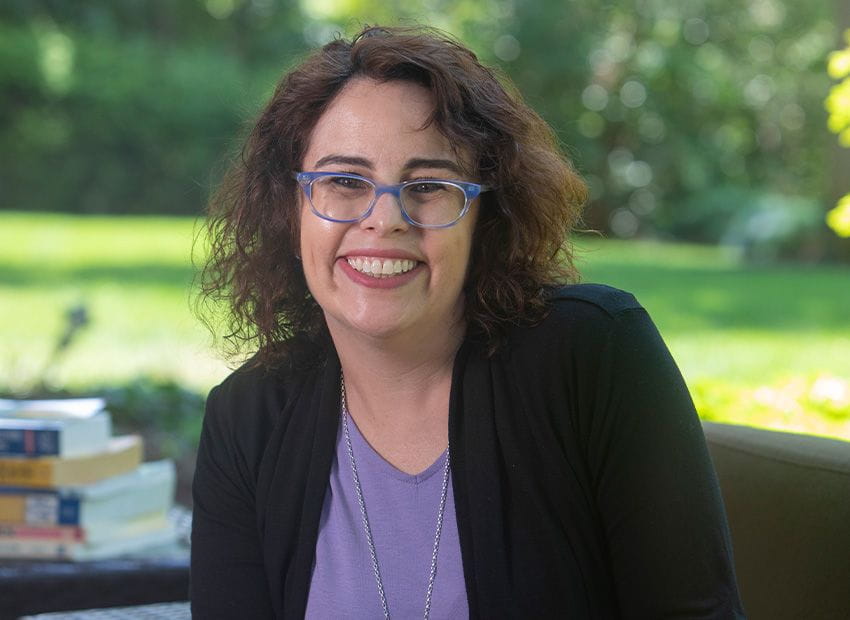The Secret about Women’s Colleges, Part I
If you speak to an admissions officer for let’s say, Wellesley, she might mention their beautiful campus or famous alumnae. If you speak to a student at Barnard, she will likely extol the virtues of a campus in the city and the robust internship opportunities therein. A professor from Agnes Scott College might mention their unique SUMMIT program, in which each student has her own personal Board of Advisors and is empowered to be an agent of global change. An alum from Sweet Briar or Mills College might tell you how they, as part of the student body, prevented their beloved alma mater from changing its core mission. But I’m not here to talk to you about any of those things. I’m going to tell you a secret: Women’s colleges aren’t special.
Well, yes, they have produced a seemingly endless list of successful graduates spanning all fields, and yes, they are a place for deep intellectual focus and fun, but at the end of the day, they are just colleges like any other. Any other with a mission to educate and prepare students for a life of usefulness and fulfillment. Any other with a commitment to access and affordability. They just happen to be for women.
From my experience as an admissions officer for a women’s college, it seemed that reactions to the idea of attending a women’s college fell into one of three camps:
- Ugh.
- Okay, but will I ever interact with a male again?
- YAY!






